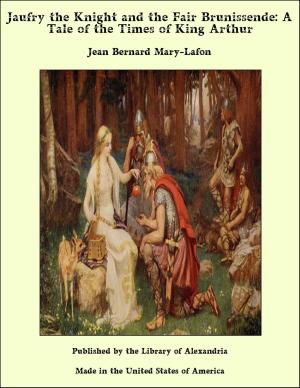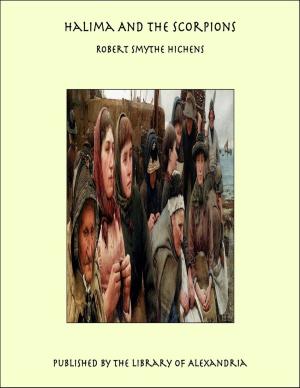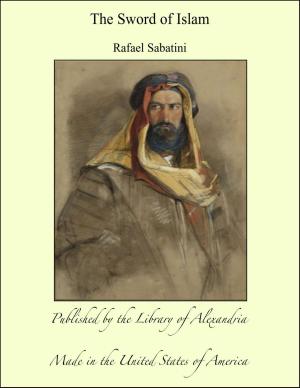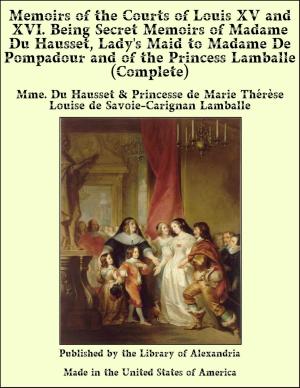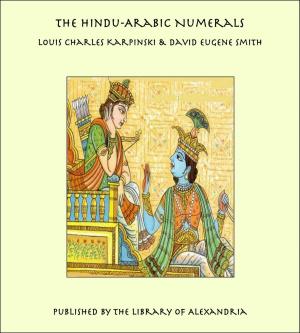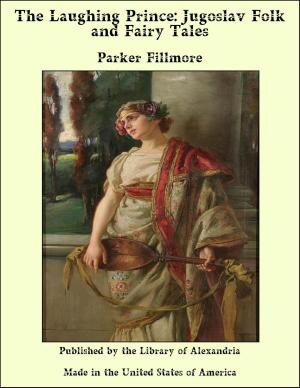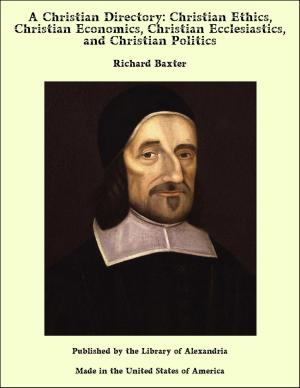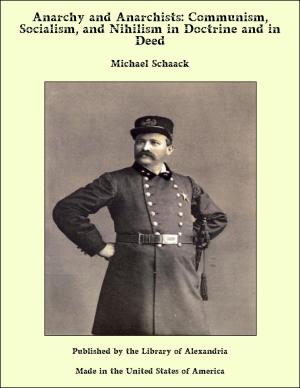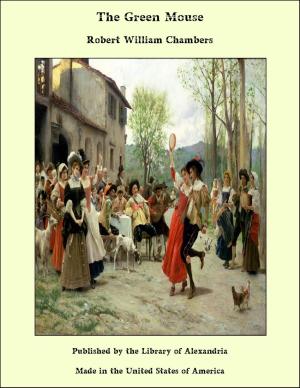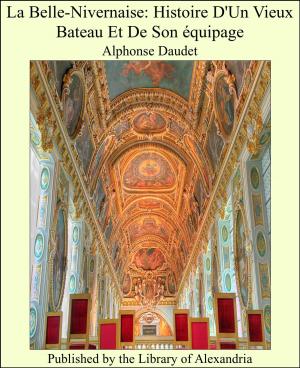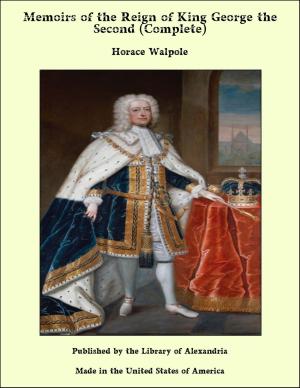| Author: | Henry S. Olcott | ISBN: | 9781465573070 |
| Publisher: | Library of Alexandria | Publication: | March 8, 2015 |
| Imprint: | Language: | English |
| Author: | Henry S. Olcott |
| ISBN: | 9781465573070 |
| Publisher: | Library of Alexandria |
| Publication: | March 8, 2015 |
| Imprint: | |
| Language: | English |
The popularity of this little work seems undiminished, edition after edition being called for. While the present one was in the press a second German edition, re-translated by the learned Dr. Erich Bischoff, was published at Leipzig by the Griebens Co., and a third translation into French, by my old friend and colleague, Commandant D. A. Courmes, was being got ready at Paris. A fresh version in Sinhalese is also preparing at Colombo. It is very gratifying to a declared Buddhist like myself to read what so ripe a scholar as Mr. George Robert Stowe Mead, author of Fragments of a Faith Forgotten, Pistis Sophia, and many other works on Christian origins, thinks of the value of the compilation. He writes in the Theosophical Review: "It has been translated into no less than twenty different languages, and may be said without the faintest risk of contradiction, to have been the busiest instrument of Buddhist propaganda for many a day in the annals of that long somnolent dharma. The least the learned Buddhists of Ceylon can do to repay the debt of gratitude they owe to Colonel Olcott and other members of the Theosophical Society who have worked for them, is to bestir themselves to throw some light on their own origins and doctrines."
The popularity of this little work seems undiminished, edition after edition being called for. While the present one was in the press a second German edition, re-translated by the learned Dr. Erich Bischoff, was published at Leipzig by the Griebens Co., and a third translation into French, by my old friend and colleague, Commandant D. A. Courmes, was being got ready at Paris. A fresh version in Sinhalese is also preparing at Colombo. It is very gratifying to a declared Buddhist like myself to read what so ripe a scholar as Mr. George Robert Stowe Mead, author of Fragments of a Faith Forgotten, Pistis Sophia, and many other works on Christian origins, thinks of the value of the compilation. He writes in the Theosophical Review: "It has been translated into no less than twenty different languages, and may be said without the faintest risk of contradiction, to have been the busiest instrument of Buddhist propaganda for many a day in the annals of that long somnolent dharma. The least the learned Buddhists of Ceylon can do to repay the debt of gratitude they owe to Colonel Olcott and other members of the Theosophical Society who have worked for them, is to bestir themselves to throw some light on their own origins and doctrines."

